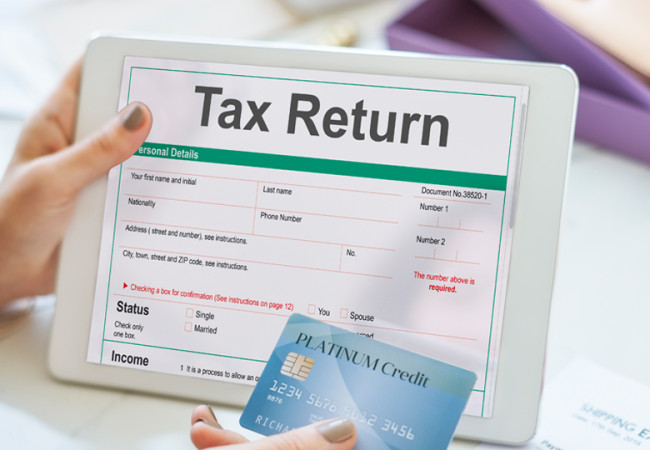Filing your income tax return in Canada is an annual ritual, a necessary dance with the Canada Revenue Agency (CRA). While it may not be the most exciting activity, understanding the process and deadlines ensures a smooth experience and avoids potential penalties. This comprehensive guide equips you with the knowledge to navigate Canada’s tax terrain and file your return with confidence.
Who Needs to File?
Not everyone in Canada needs to file a return. Here’s a quick check to see if you fall under the filing umbrella:
- Earned Income: If you received employment income, self-employment income, or pension income, you likely need to file.
- Owed Taxes: Even if you didn’t receive a slip or have minimal income, you still need to file if you owe taxes.
- Benefits: If you received government benefits like Employment Insurance (EI) or the Canada Child Benefit (CCB), you may need to file depending on the amount received.
- Refunds: If you paid more tax than you owe, filing a return is how you claim your refund.
- Student Loans: If you received a student loan repayment assistance amount, you might need to file.
When to File
The majority of Canadians, including employees and pensioners, have a filing deadline of April 30th for the previous year’s tax return. So, for the 2023 tax year, the deadline falls on April 30, 2024.
Important Note: If April 30th lands on a weekend or holiday, the CRA considers your return filed on time if submitted on the following business day. For 2024, that means you have until May 1st to file.
Self-Employed Deadlines
For self-employed individuals whose business expenditures aren’t primarily related to tax shelters, the filing deadline is extended to June 17, 2024 (as June 15th falls on a Saturday). However, any taxes owed are still due by the general deadline of April 30, 2024.
Early Filing for Faster Refunds
The Canada Carbon Rebate (CCR), formerly known as the Climate Action Incentive payment, provides a tax-free benefit to offset fuel costs. To receive your CCR sooner, consider filing electronically by March 15, 2024. This allows the CRA to process your return and issue the CCR by April 15, 2024.
Exceptions and Extensions

While the deadlines mentioned above apply to most Canadians, there are situations where you might be eligible for an extension:
- Living Abroad: If you’re a Canadian resident filing from outside the country, you might get an automatic extension until June 15, 2024. However, any tax owed remains due on April 30, 2024.
- Financial Hardship: The CRA may grant an extension for filing if you can demonstrate financial hardship. You’ll need to submit a request explaining your situation.
- Death of Spouse/Partner: If your spouse or common-law partner passed away in the tax year, you might be eligible for an extension. Contact the CRA for details.
Choosing Your Filing Method
There are two primary ways to file your Canadian income tax return:
- NETFILE: This is the CRA’s online filing service, allowing electronic submission through certified tax software or an authorized representative. NETFILE typically opens in February, with the opening date for the 2023 tax year being February 19, 2024.
- Paper Return: You can also file a paper return by mail. However, this method is generally slower and less convenient. Paper return packages are usually available at local CRA offices in late February or early March.
The Benefits of Electronic Filing
There are several advantages to filing electronically through NETFILE:
- Faster Processing: Electronic returns are generally processed quicker than paper returns, leading to faster refunds.
- Reduced Errors: Tax software helps to minimize errors during filing.
- Convenience and Security: NETFILE allows you to view your return status, receive notices electronically, and manage your CRA account securely.
Getting Help with Your Return
If navigating the tax landscape feels overwhelming, you have options:
- Tax Software: Many user-friendly tax software programs guide you through the filing process and ensure you claim all eligible deductions and credits.
- Tax Professionals: Hiring a registered accountant or tax preparer offers personalized assistance for a fee.
- The CRA: The CRA website [https://www.canada.ca/en/revenue-agency.html]

